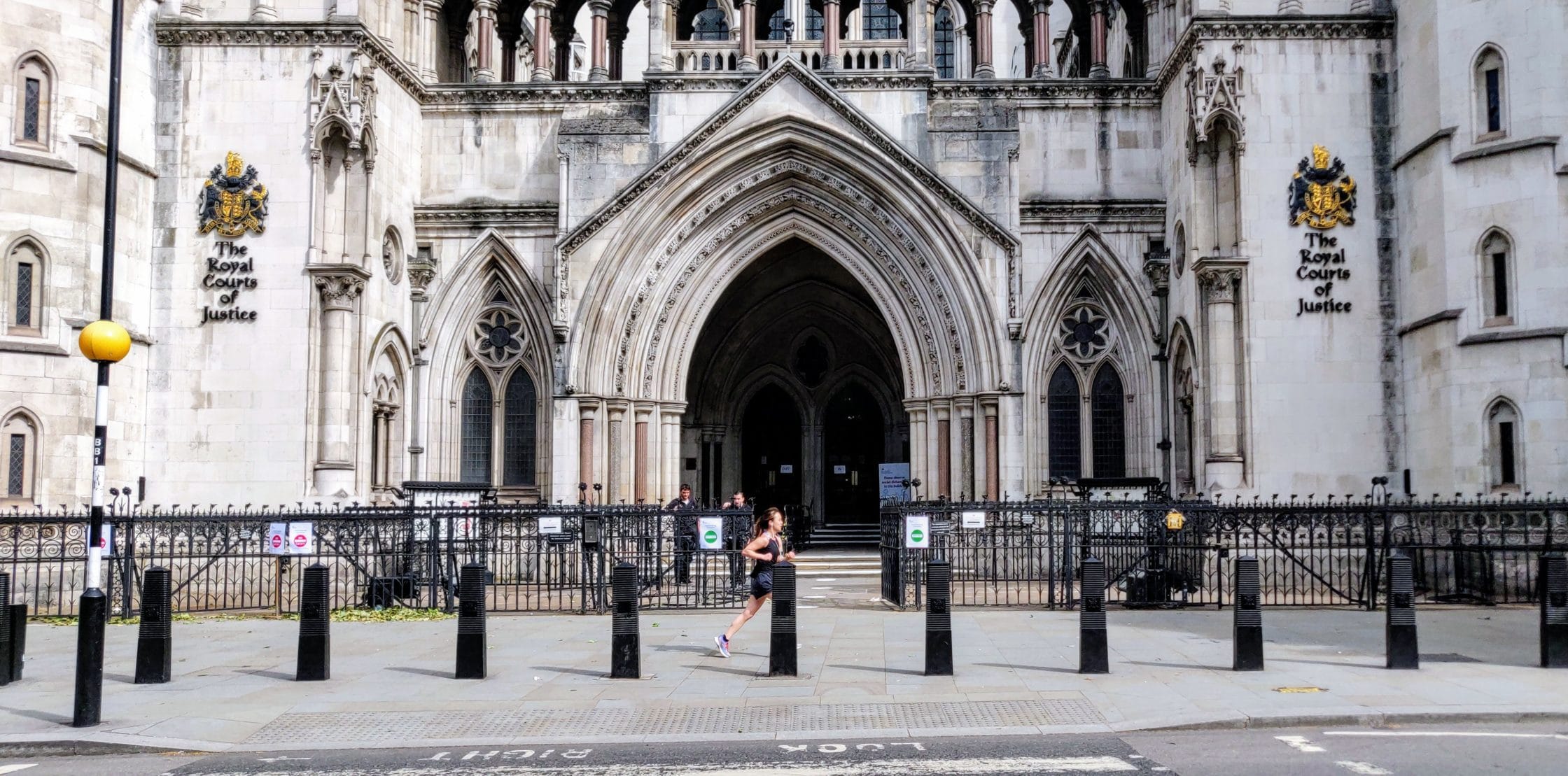In Gorbachev v Guriev & Ors [2022] EWHC 1907 (Comm), the Court of Appeal held that it had jurisdiction to permit service of a third-party disclosure application outside the jurisdiction of England and Wales, and that in appropriate cases, the Court will be inclined to exercise its discretion to grant such permission.
Notably, this decision is at odds with the recent judgment in Nix v Emerdata Ltd & Anor [2022] EWHC 718 (Comm) (“Nix”), where the Court held that it did not have the power to grant permission to serve a third-party disclosure application outside the jurisdiction.
Background of the Case
This application arises out of a dispute between Alexander Gorbachev (the “Claimant”) and Andrey Guriev (the “Defendant”), in respect of their interests in a valuable Russian fertiliser business, PJSC PhosAgro. One of the key issues in dispute is how, and why, the Claimant was financially supported by two Cyprus trusts of which T.U. Reflections
Limited and First Link Management Services Limited (the “Trustees”) are the trustees.
In furtherance of the primary dispute, the Claimant sought to obtain, pursuant to Civil Procedure Rules (CPR 31.17) and section 34 of the Senior Courts Act 1981, an order or third party disclosure of certain documents held by Forsters LLP, the English law firm advising the Trustees.
Judgement
The principal issue to be determined was whether an application under s. 34 SCA (Power of High Court to order disclosure of documents) and CPR 31.17 falls within Gateway 20(a) (i.e. if the Court has the power to permit service of third-party disclosure applications outside the jurisdiction). If Gateway 20(a) was available, then the Court would need to decide if this was an appropriate case to exercise its discretion to serve out of the jurisdiction.
Jacobs J found that Gateway 20(a) gives the Court jurisdiction to order
service out in respect of a s. 34 SCA/CPR 31.17 application. Jacobs J considered that as Cockerill J had held in Nix, disclosure applications against overseas third parties should generally be made using the letter of request regime.
However, in the present case, there were good reasons not to use that procedure, as (i) the relevant documents were held pursuant to English transactions by English solicitors (Forsters) in England, which meant the Trustees would not be required to do anything in Cyprus, and (ii) there would be a significant delay in carrying out the letter of request process in Cyprus (i.e. 12 months), which would be well after the trial had concluded. Thus, Jacobs J held that this was an appropriate case for the Court to exercise its discretion in favour of permitting service out.
What does this case highlight?
The Court has found that it has the power to permit service of non-party disclosure applications (under CPR 31.17 and section 34 SCA) outside the jurisdiction, but will only utilise its discretion to do so where the letter of request regime is unsuitable on the facts.
While the decision in Gorbachev v Guriev includes a more thorough analysis of CPR Part 6 and Gateway (20) than was the case in Nix, it is a novel decision based on particular facts. Importantly, this decision highlights the English Court’s increasing willingness to permit service out of England and Wales in a progressively more interconnected global economy.
Why instruct our expert litigation team?
Our competent litigation team ensures that we provide the best possible outcome for our clients by conducting in depth investigation and research into the realistic prospects of a case before selecting the appropriate course of action in order to reduce time and expense.
Liability for costs is always an issue in litigation and based on our extensive litigation experience we provide our clients with as much strategic, practical as well as carefully considered legal advice in order to ensure minimum risk in respect of costs.
Where appropriate we encourage the use of alternative dispute resolution (such as mediation and without prejudice negotiation) and our lawyer’s negotiation skills are first class. If early settlement at advantageous terms is not possible, we are extremely experienced and capable at navigating our clients through the litigation process.
